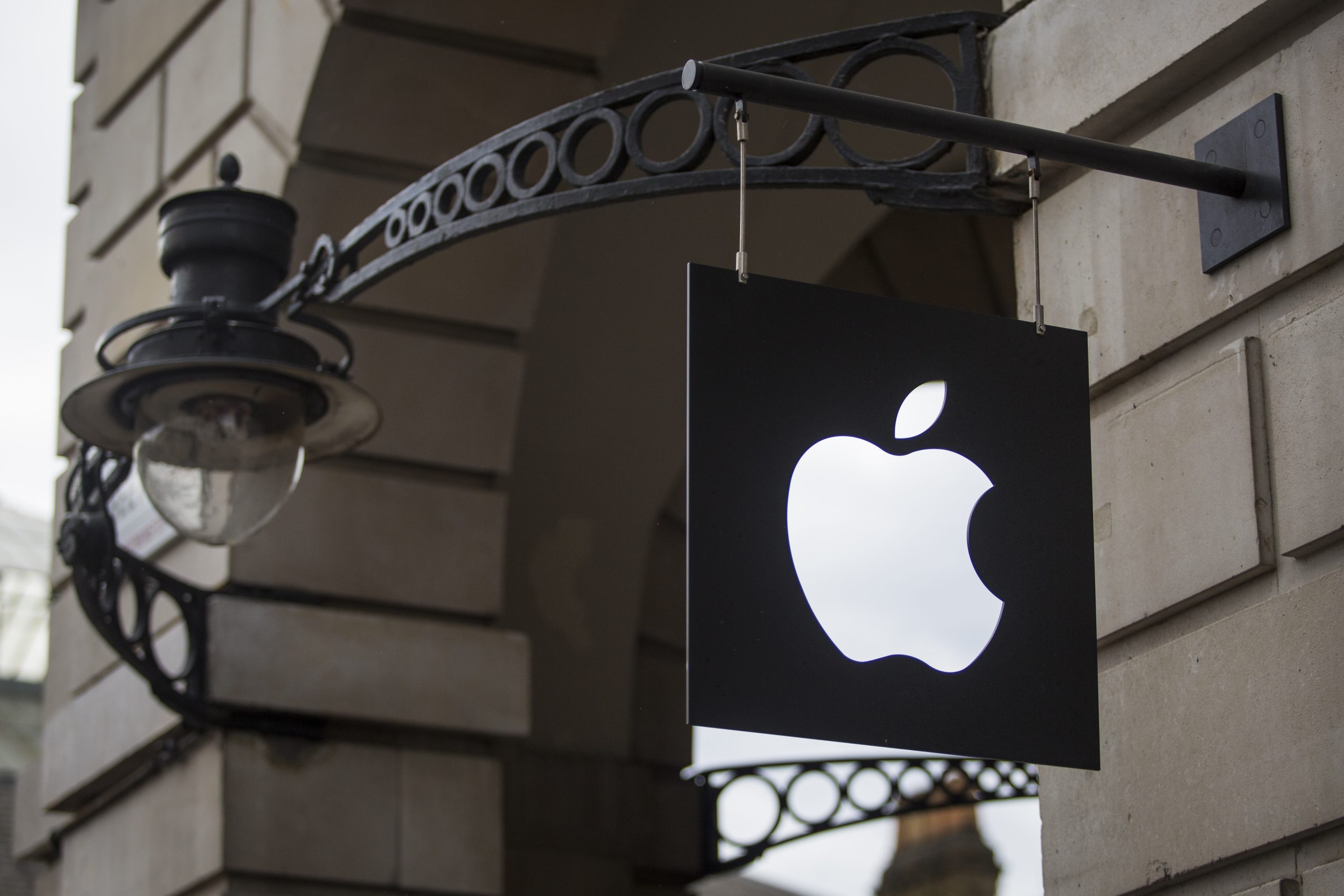Branding is how people see us – mission statements about what we do and how we do it. Sheri Fitts, after her recent Sway conference focused on the brand, reported one of its participants as saying, “You have one, whether you're intentional about it or not.” Sheri went on to say, “(The brand) should be driven by purpose driven by thought leadership.”
So what is branding, why is it important for financial advisors and how do you create one?
Most advisors have been successful through a combination of sales skills, simple knowledge and, if they've built a business, how to manage people, processes and capital. Few understand or appreciate branding in part because they don't know how to create it. So let's see what companies do with the 10 most valuable company brands in 2023 according to Kantar.

A classic case described by UCLA professor Sonjay Sood in C(k)P training is how Steve Jobs rebuilt the Apple brand. In 1996 when he returned to save the company which was 90 days from running out of money, he created the ad “Think Different“. There was no mention of the product or service, only referring to people he admired like Einstein, Dylan, Amelia Earhart, John Lennon, Ali, MLK, Gandhi and Picasso, ending with the line: “Because people who are crazy enough to think that they can. those who change the world are the ones who do.”
Job's board thought he was crazy. Maybe they were right.
Simon Sinek explains that what sets Apple apart is that they focus on why they create computers and technologynot what or how. They have zealots, not customers, and are able to charge more for essentially the same things.
While none of us will become Apple, Google or Amazon, we just need a better and more recognizable brand than our competition, which in most cases is not a very high figure.
In an age of commoditization and consolidation, which can sometimes force advisors to abandon their personal brand, standing out is even more critical.
A brand can take years to build and only minutes or missteps to lose. (Note that none of the social media companies has the most valuable brand.) And when an industry falters, like financial services during the Great Recession and the Madoff scandal, it can hurt everyone in that industry.
Advisors must deal with multi-level brands consisting of:
- Their organization (if they are part of one), such as Merrill or Captrust;
- Colleagues and collaborators with whom they work closely; AND
- Their own.
A brand is not what we do or even how well we do it, although proof statements and credible third party testimonials are critical, it is who we are, how we want to be seen and who we want to associate with as Apple did. so artfully in their “Think Different” ad.
“Look at the people you admire and ask why,” asked Sheri Fitts. “Maybe they reflect you. Think about what you want to be known for.”
Many advisors are not comfortable creating original content or may be limited by regulations or compliance. There is so much content out there that advisors can share, repost or comment on content they like and reflect on. And for those who can create content, it doesn't have to be long or deep. Short videos through a smartphone can be very powerful. But it must be consistent and purposeful.
One of the regulars at Sway is a great musician, but no one knew about it, probably because he wasn't sure how people would react. Sheri claims it would have enhanced or even defined his brand. I share a lot about my meditation practice because it is a vital part of who I am. I want to help others because it has helped me dramatically. Some people might not like it, which is the risk of creating a personal brand, but I think it helps me more than it hurts me. Sharing who we are and our passions makes us authentic, and speaking truths, especially those that are hard to hear, helps increase our credibility.
After all, a brand creates a feeling in others – good or bad. What we do or how we do it creates a thought or impression. Feelings create lasting impressions and are more affected by them than thoughts.
Advisors who have a strong brand, whose clients see them as thought leaders who keep them informed, ahead of trends, making them feel like they're not missing anything important, are less likely to lose them customers. They will gain new ones not only through referrals, but through clients who are advocates proactively telling colleagues how great you are.
Is this valid? When will you start?

